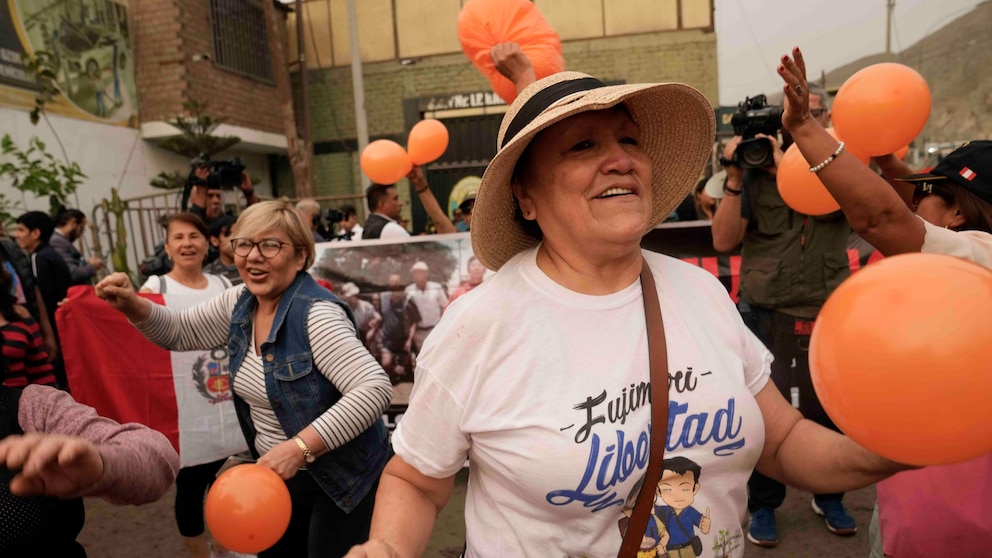Former Peruvian President Released from Prison on Humanitarian Grounds
In a surprising turn of events, former Peruvian President Alberto Fujimori has been released from prison on humanitarian grounds. The decision has sparked widespread debate and controversy, with some praising it as an act of compassion, while others argue it undermines the justice system and sets a dangerous precedent.
Fujimori, who served as Peru’s president from 1990 to 2000, was convicted in 2009 for human rights abuses committed during his time in office. He was found guilty of ordering the killings of 25 people, as well as authorizing kidnappings and torture. He was sentenced to 25 years in prison.
However, in recent years, Fujimori’s health has deteriorated significantly. He suffers from a range of medical conditions, including heart problems, hypertension, and cancer. His family and supporters have been advocating for his release on humanitarian grounds, arguing that his health is rapidly declining and that he requires specialized medical care that cannot be adequately provided in prison.
After a thorough evaluation of Fujimori’s medical condition, the Peruvian justice system decided to grant him parole. The decision was based on a provision in Peruvian law that allows for the release of prisoners on humanitarian grounds if they are suffering from a terminal illness or a serious and incurable disease.
Supporters of Fujimori’s release argue that it is a compassionate decision that recognizes his deteriorating health and the need for specialized medical care. They believe that keeping him in prison under such circumstances would be inhumane and a violation of his basic human rights.
On the other hand, critics of the decision argue that it undermines the justice system and sends the wrong message to the public. They argue that Fujimori’s crimes were severe and that he should serve his full sentence as a deterrent to others who might consider committing similar acts. They also worry that his release could set a dangerous precedent, leading to the early release of other convicted criminals on humanitarian grounds.
The decision to release Fujimori has also reignited discussions about the broader issue of justice and accountability in Peru. Many argue that there are still numerous unresolved cases of human rights abuses from the time of Fujimori’s presidency that have not been adequately addressed. They believe that the focus should be on ensuring justice for the victims and their families, rather than on the health of the perpetrator.
The release of Fujimori has undoubtedly sparked a heated debate in Peru and beyond. It raises important questions about the balance between justice and compassion, and the role of the justice system in addressing crimes committed by former heads of state. As the discussions continue, it remains to be seen how this decision will impact the perception of justice in Peru and whether it will set a precedent for future cases involving convicted politicians.



